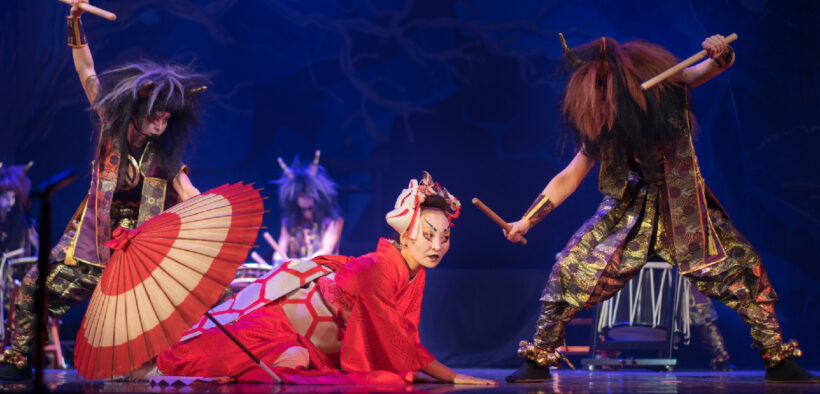On stage at The Comedy of Errors that night, long-lost twin brothers embraced to the swelling strains of “Amazing Grace”; offstage, in the seat next to mine, my Very Reluctant Student turned to me—misty-eyed, breathless—and whispered,
“Whoa.”
This is your sign to take students to a performing arts or intellectual event this semester. I know it’s a big ask. Faculty fatigue is palpable. Budgets are gutted. Asking professors to do anything extra seems, well, downright insulting.








